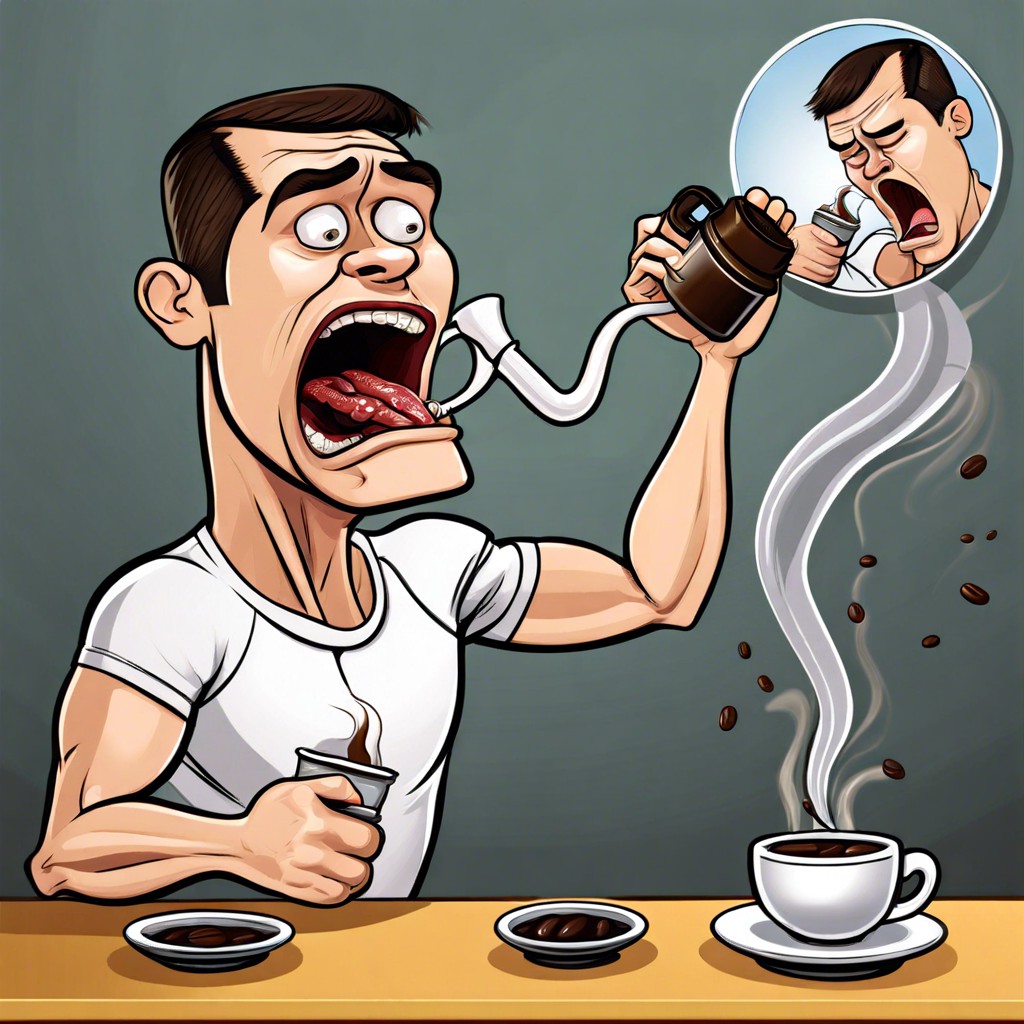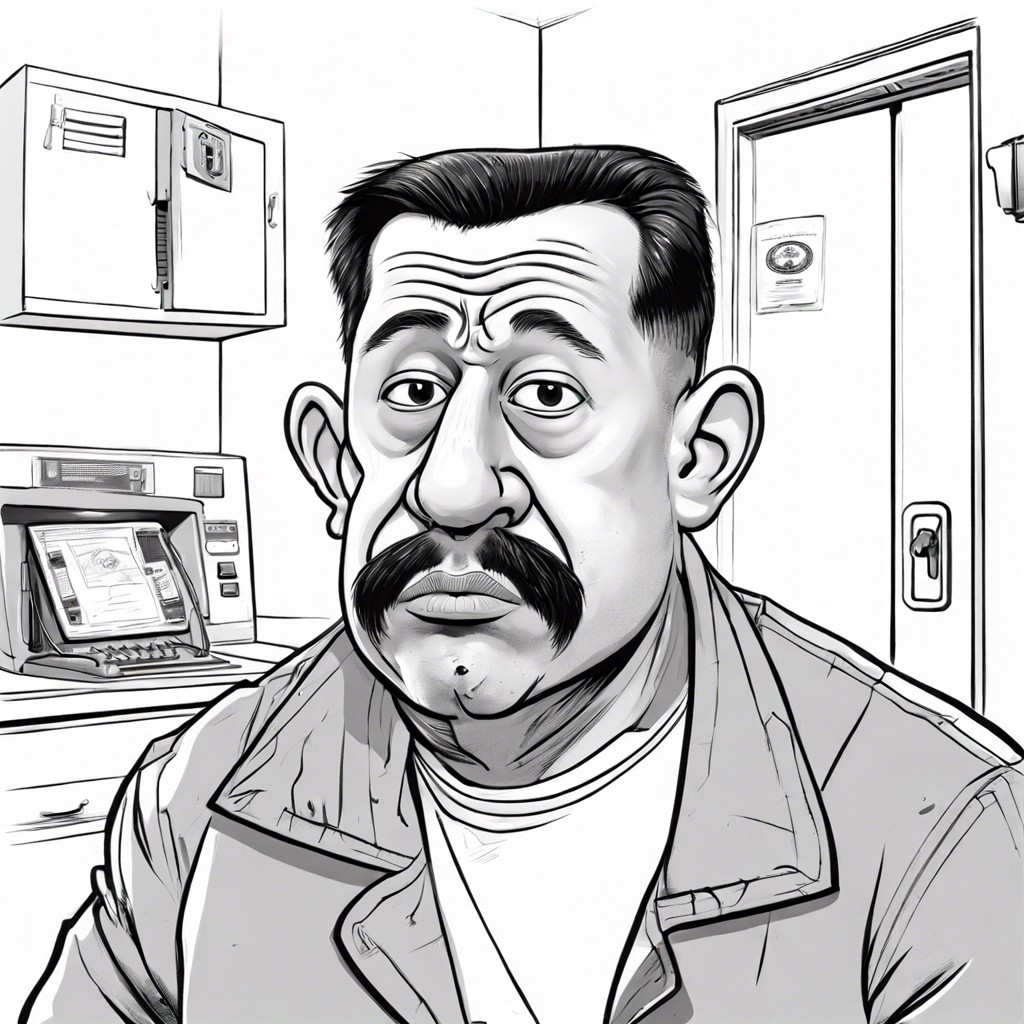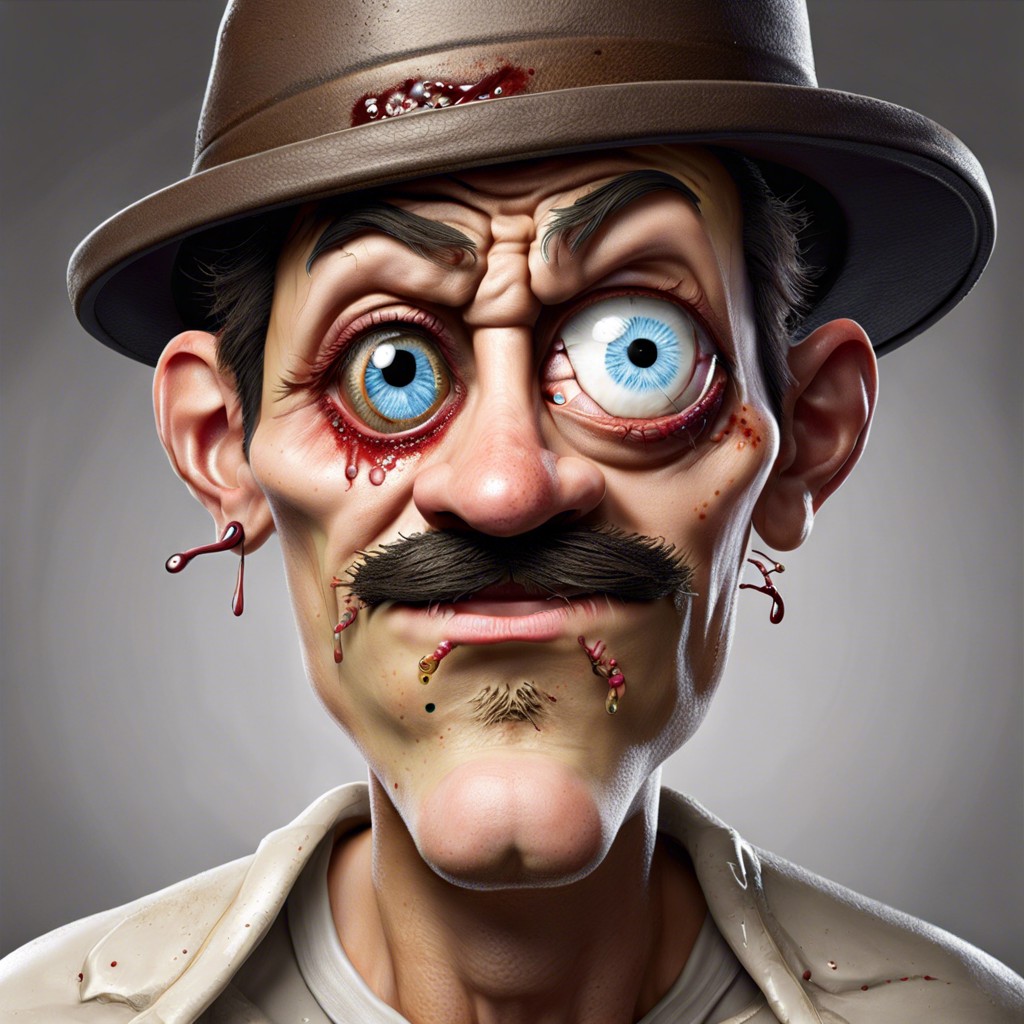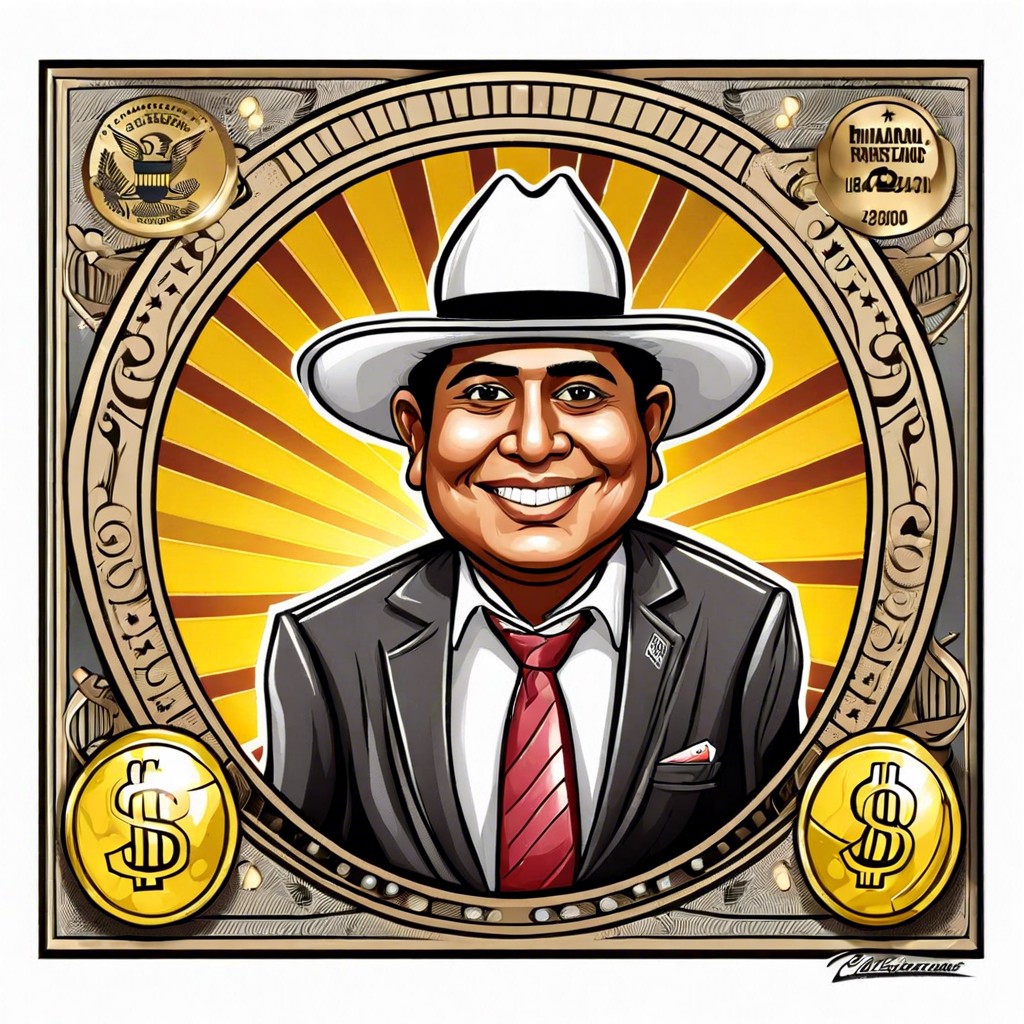Find out what happens when you drink too much caffeine and how to handle the jitters that follow.
So, you’re wired like a robot on a coffee binge, trembling like a Chihuahua, heart racing faster than a Formula 1 car, and wondering if you’ve just made the biggest java mistake of your life. Relax—sort of. You’ve stumbled upon just the right guide to navigate your caffeine catastrophe! From jittery symptoms and long-term tales of woe to practical survival hacks and when to dial 911, we’ve got your caffeine-crammed conundrum covered. Buckle up, buttercup, and let’s ride this caffeinated rollercoaster together!
Key takeaways:
- Jitters signal caffeine overload, expect shaking and racing heartbeat.
- Anxiety and panic may follow, breathing can become shallow.
- Insomnia and nausea are likely, prepare for bathroom trips.
- Long-term risks include heart issues and anxiety disorders.
- Manage by hydrating, stretching, eating, and breathing deeply.
Symptoms and Immediate Effects

Jitters, anyone? Too much of that beloved caffeine can quickly turn you into a vibrating human tuning fork. The first red flag is usually a case of the jitters. Your hands might shake, and simple tasks like tying your shoes could become advanced-level challenges. Hello, dexterity fail!
Next comes the heart-pounding orchestra in your chest. It’s like your heart decided it wanted to audition for a drumming gig. Welcome to the world of palpitations and a rapid heartbeat. Fun fact: your heart rate should not sound like a techno beat.
Feeling like you just took a wrong turn into Anxietyville? Yes, caffeine overload can catapult you into full-on anxiety or panic mode. Breathing gets shallow, and suddenly, that hidden tiger in your closet seems a lot more plausible.
Sleepless nights, meet your new best friend: too much caffeine! Good luck catching those Z’s when your brain’s doing laps around your skull. Insomnia isn’t just a villain in fairy tales; it’s the very real aftermath of chugging one too many energy drinks.
Nausea and dizziness might also pay you a visit. It’s a delightful carnival ride in your stomach, sans any fun souvenirs. And let’s not forget the bathroom trips. Diuretics mean lots of pee. So, make peace with your toilet—it’s going to be a long night.
Observe these signs, and remember, when in doubt, it’s always best to take a step back and put the mug down.
Potential Long-Term Health Risks
Excessive caffeine isn’t just a one-time jitter fest; it can brew up some long-term health risks too. Imagine you’re living in a perpetual state of coffee buzz—sounds cute, until you consider the consequences.
Heart palpitations are more than just the feeling you get when you see your crush. Over time, your ticker could develop more serious conditions, like arrhythmias.
Let’s not forget anxiety. Living life like a squirrel on Red Bull might make you the life of the party, or the one hiding under the table from imaginary threats. Chronic anxiety can lead to all kinds of fun—the kind involving therapy bills and endless meditation apps.
Digestive issues are another glamorous side effect. When your stomach starts to feel like a constantly frothing latte, ulcers and acid reflux aren’t far behind.
Finally, say hello to potential bone density loss. Too much caffeine can interfere with calcium absorption. You might end up brittle-boned and hunchbacked before your time. Great look for Halloween; not so much for the other 364 days.
Tips for Managing Overconsumption
First things first, hydrate. Water is your best friend now. Chug it down to help flush out the caffeine faster.
Feeling jittery? Try some light stretching or a quick walk. It can help burn off some of that pent-up energy.
Eat something. A bowl of oatmeal or a banana can help absorb some of the caffeine. You’ll feel more stable, hopefully.
Breathe deeply. Slow, deep breaths can calm your nervous system, giving you a break from heart-racing craziness.
Turn off the screens. Reduced stimulation helps lower anxiety levels caused by too much caffeine. Read a book instead—preferably a boring one.
Remember, stay calm. Panicking only ramps everything up even more.
How to Prevent Future Caffeine Overdose
Consider scheduling your caffeine intake like you would a prized vacation. Track how much you’re consuming daily, whether it’s coffee, tea, or sneaky sodas. Set a daily limit and stick to it like it’s the last slice of pizza at a party.
Swap some caffeinated choices for decaf or herbal alternatives. It’s not betrayal; it’s variety. Keep the glow of a good night’s sleep instead of the harsh buzz of a caffeine rush.
Hydrate! Water is the unsung hero in the battle against over-caffeination. Drink enough H2O to balance things out, and your body will thank you.
Lastly, be mindful of hidden sources of caffeine. That chocolate bar or pain reliever might be harboring a jittery secret. Keep an eye out and read labels. Turns out, knowledge isn’t just power—it’s peace and quiet for your heart, too.
When to Seek Medical Attention
If you’re feeling jittery beyond belief, it might be time for more than just a nap. Here are some red flags to watch for:
- Palpitations: Your heart’s trying to audition for a speed metal band.
- Dizziness: Feels like you’re on a rollercoaster, but you’re sitting still.
- Vomiting: Your body’s way of saying, “I’ve had enough!”
- Confusion: If you’re suddenly baffled by the existence of doorknobs, something’s off.
If these symptoms crop up, consider seeing a doctor. And if you suspect you’re turning into a caffeine creature, medical professionals have the antidote – and it’s not more coffee.




